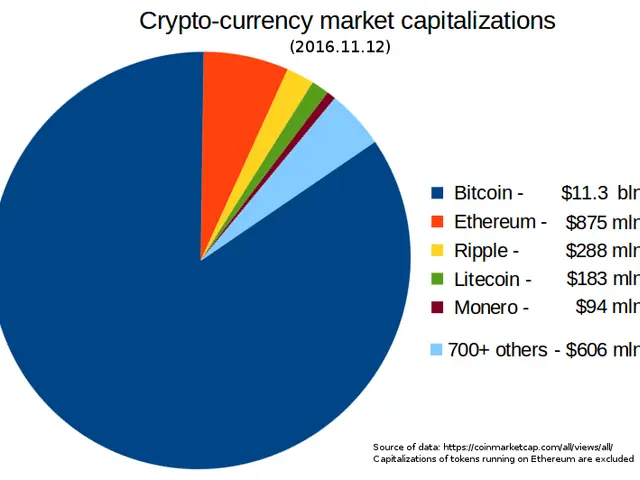Transformative change expected in Kuwait's banking sector due to new housing loan law, according to Fitch.
Refreshed Perspective:
Gilbert Hobeika, elbows deep in the banking sector at Fitch Ratings, paints a transformative picture for Kuwait's financial landscape, hailing the proposed housing loan law as a potential heavyweight contender. In a tete-a-tete with Al Arabiya Business, he argued that if between 5 to 10 percent of Kuwait's 1.5 million citizens seek housing loans, this could surge banks' loan portfolios by a whopping 20 to 40 percent.
Straight up, Hobeika's bullish on the repercussions: "Kuwait's banking sector might just be about to witness the mother of all growth spurts. If the law takes flight, economic activity and credit expansion could soar through the roof."
Currently, Fitch anticipates loan portfolio growth in Kuwait to hover around 7 to 8 percent. But, with the law's approval, Hobeika reckons that rate could jump to astronomical heights of 30 to 40 percent, a game-changer unparalleled in the sector's history.
Insights:- Boosted Credit Activity: This explosion in housing loans could breathe fresh life into stagnant credit expansion and push growth rates to skyrocketing extremes[2].- Banking Sector Boost: Swelling loan portfolios by 20 to 40 percent means big business for the banking sector. It's a terrific opportunity for the industry to amplify its performance and profits[2].- Economic Catalyst: This surge in banking activities would also act as a catalyst, spurring broader economic growth by igniting the construction sector and boosting demand for housing, especially if foreign property ownership laws become more lax[3].
In a nutshell, the housing loan law's implementation stands poised to reshape Kuwait's financial and economic landscape, driving growth, diversification, and financial activity forward like never before.
- Given the proposed housing loan law, Gilbert Hobeika suggests that there might be a significant increase in personal-finance activities for Kuwait's citizens, possibly leading to an influx of loan applications that could surge the banking sector's loan portfolios by up to 40 percent.
- If the housing loan law is approved, it could potentially transform the Kuwaiti economy by igniting the construction sector, enhancing demand for housing, and possibly facilitating foreign property ownership, thereby promoting economic growth.
- The anticipated loan portfolio growth rate in Kuwait, currently estimated at around 7 to 8 percent by Fitch, might possibly surge to astronomical heights, reaching as high as 30 to 40 percent with the implementation of the housing loan law, spurring tremendous growth and profitability for the banking sector.
- The implementation of the housing loan law could offer an attractive avenue for investing in Kuwait's financial market, as it possibly represents a unique opportunity to capitalize on the projected growth and diversification in the banking and real estate sectors.






